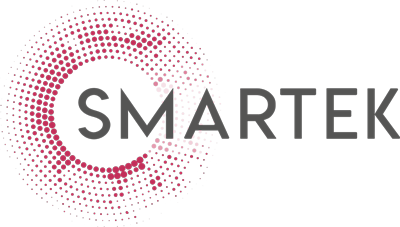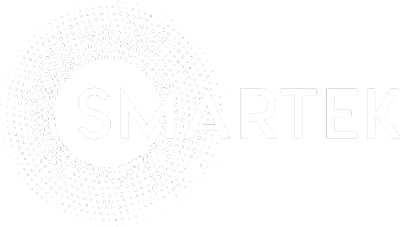
Can you improve compliance with a culture of accountability?
We all know how important it is to comply with regulations and standards for any given industry. Compliance exists for a reason: To keep people safe.
As such, when a company fails to comply to the most current set of standards, they face a whole list of potential penalties – fines, suspensions and even jail time. Bottom line: When non-compliance becomes the norm for your organisation you are putting your people at risk and setting your business up for failure.
The role of accountability in compliance
The good news is, change is possible. As always, it must begin at the top. When leaders see non-compliance (to any degree) they must stop to examine what about their current leadership style is allowing this behaviour to take place.
More often than not, non-compliance stems from a culture where staff don’t feel accountable for their actions. When your employees feel unaccountable or don’t understand their roles, they don’t feel any responsibility for their part in non-compliance.
More often than not non-compliance stems from a culture where employees don’t feel accountable for their actions.
In response, leaders must create a culture that values accountability AND compliance. But how?
1. Conduct an audit
It’s important to start this journey by understanding exactly where accountability is lacking in the first place. An audit is the best way to accomplish this. If you are specifically focusing on compliance, make sure you are reviewing these standards in particular. Identifying problem areas is the first step towards improvement, based on your findings you can accurately shape your next steps.
2. Set clear expectations
You can’t expect anyone to be accountable if they don’t know what that looks like. To encourage accountability across your team you need to clearly define what that means for every team in your business. Hold a quarterly company meeting to discuss these responsibilities and how they may have changed in the past quarter. Print out guides for easy staff reference.
3. Hold regular training sessions
If accountability stems from knowledge then training is crucial to building a more accountable workforce. Whether it be in management techniques or industry skills, learning opportunities play a big role in staying accountable. When it comes to compliance this is of the utmost importance, regulations change often and for your team to remain vigilant and responsible for their particular areas, they must be up to date in any and all changes.
Accountable team members equal better compliance
Accountable employees streamline compliance by self-regulating to the best of their ability. They understand the part they play in keeping the business aligned with current standards and they know if they don’t follow through there will be consequences.
To learn more about how Smartek can help you streamline your compliance processes even more, get in touch with one of our representatives today.


